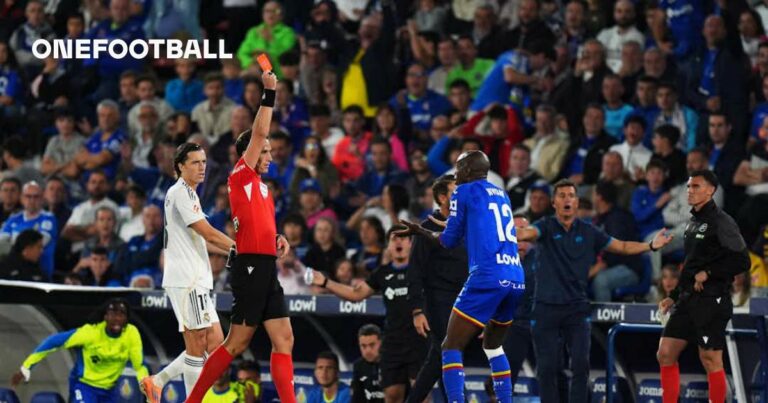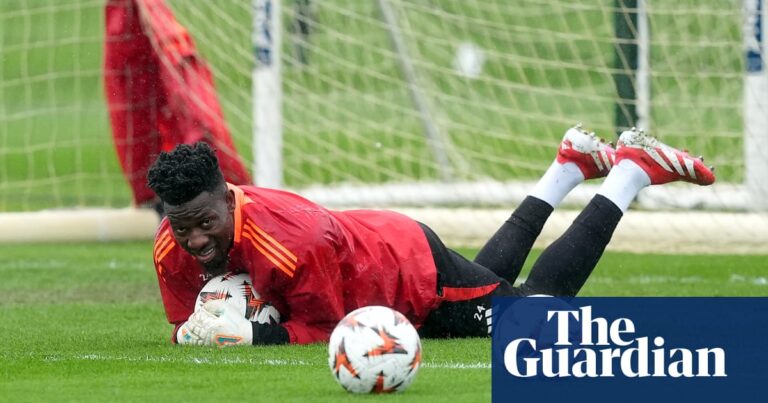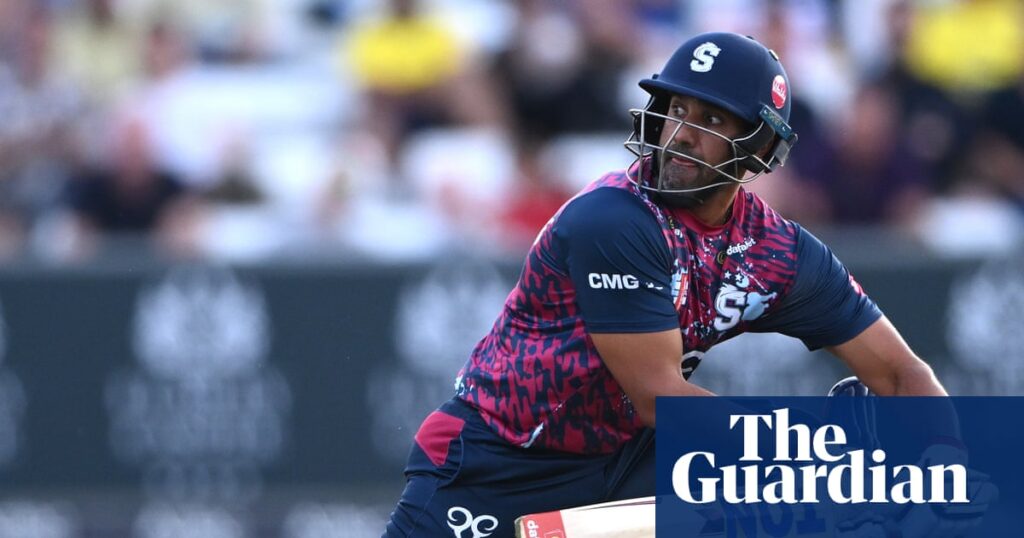
At some point during our chat in the back garden of a Hertfordshire coffeehouse, most likely between the account of his recent hundred for England Legends and his stated dream to win another Blast – whether that be for Northants, for whom he has a quarter-final coming up, or even one day his belovedly dysfunctional Essex – it hits me who Ravi Bopara reminds me of.
Now, for the tape: Bopara is one of my all-time favourite cricketers. Best be forewarned that this is likely to veer into hagiography if we’re not too careful. To me, Bopara – no, let’s go with Ravi – was chiefly a great idea who came within a couple of inside edges of becoming a great success. How we measure such things is subjective, of course, and we can get into that – weighing the numbers – in due course. But structurally and culturally, there can be no question that he was cut from different material, and that for a time he wore those threads for all they were worth. This is a cricketer who, with the money from his first England games, bought a chicken shop in East Ham, setting up a cosy bolthole for his family from where he briefly threatened to shake up the English game.
The Barking Road, where the family shop still does good business, runs through the heart of Newham borough. This is where he grew up, learning his trade on the corrugated outfields of west Essex municipals. He was a conventional prodigy, all hushed tones and outlandish feats. He made his full Essex debut at 16, and his first red-ball hundred four years later. By the age of 21, with a single ODI to his name, he was given the role of England’s finisher at the 2007 World Cup. He would go on to play 171 times for England, but not a single game past his 30th birthday.

But let’s return for now to our second flat white. From the nearby table, a local fella, ensconced in his mid-forties, has just finished his bit about “going easy” on Ravi and “Sir Alastair” in the nets at Chelmsford, from back when the two kids were just the latest gifts to emerge from Essex’s fabled production line.
Ravi has been telling me about his 110* in 55 balls at Leeds against India’s Legends (Varun Aaron, 35; Piyush Chawla, 36; Shikhar Dhawan, 39); why Ian Bell, his Legends teammate, should still be playing county cricket; how Eoin Morgan missed a trick with him in 2015; and why he’s a better player now than when he played the first of his 13 Test matches. “Players go on much longer these days,” he says. He turned 40 in May.
That knockout game for Northants looms large in his packed diary. The bowling has fallen away a touch – “yeah, the body won’t have it” – but he can still spin a few classics with the bat. In June against Derbyshire he unfurled a 45-ball 84* to rescue the Steelbacks from 25 for three. Another half-century, against Leicestershire, was his 50th in T20, along with two hundreds. This month he’s planning to play some 50-over stuff for the club, to get up to 10,000 runs, and because, well, that’s what he does. He’s a tiny bit miffed not to have been picked up in The Hundred but still, he says cheerily, there’s always the chance of a late call-up.
After a quietish time at Sussex following an entirely avoidable separation from Essex in 2019, the chance to play with his old mate Dave Willey at Northants has given them both a shot in the arm, the old stagers in the engine room confirming to Ravi another of his long-held suspicions, that T20 is fundamentally an old man’s game.
“I’m serious,” he says. “What young team has ever won a T20 comp? You need a bit of youthful arrogance – they can be dangerous because they don’t give a shit about certain things. But youngsters don’t win you trophies.”
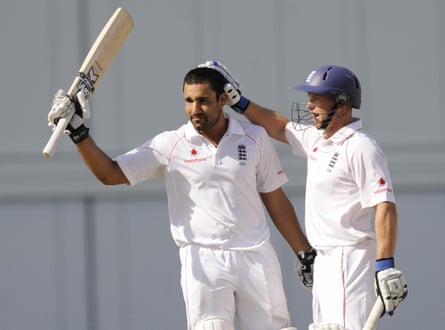
I first interviewed Bopara in 2009 on a marina in St Lucia just days after his first Test hundred. (It’s possible that we both peaked too soon.) When I ask him what advice he would offer to that boy, he says he’s thought about this one before. “I would say, definitely, that throughout my career I’ve tried to take on too much responsibility, and I wish I hadn’t. I wish I’d been more careless, just like I was when I first came around. I was aggressive, and I played my shots, and I didn’t really care.”
So what happened? “Well, as time went on I became more and more calculated, took more and more responsibility – you’re the senior player, all that sort of stuff – I wish I just didn’t. I would have been a way more dangerous player and might have got up the order as well in most of the one-day teams that I’ve played in. I’ve hated batting in the middle order, I haven’t enjoyed any of it. But you do what your team needs you for, know what I mean?”
His Test career is a curious thing. He debuted in Sri Lanka in 2007, batting No 7 against Murali, and bagged three noughts, the last being a farcical self-inflicted run-out to bag a pair. The hangdog eyes, “Pup” nickname and slight air of adolescent indolence added to the perception of a player not quite ready. Yet, a little over a year later, given another chance, he was irresistible against West Indies, making three consecutive tons – at Barbados and then Lord’s and Durham – the latter two from No 3 against a good new-ball attack of Fidel Edwards and Jerome Taylor.
His Lord’s knock, all wrists and touch, felt like a stepping-out hundred; he even rolled out the “write it on the honours board” celebration. After six Tests he had three noughts and three hundreds. Make it make sense. Later that summer, with Australia in town, Ravi’s stock was soaring. He was going to bat first-drop in the Ashes. The Australians saw a target and went for him.

The years after were tricky at times. He still loved the buzz of Essex, winning stuff under his best mate Ryan ten Doeschate. He lists Finals Day in 2019, when he took Essex to their maiden T20 title off the last ball, as his proudest day in cricket. And he still lived for the game itself. But his relationship with England’s white-ball teams was occasionally fraught. Though a key player in the setup, especially valued for his creative and elusive bowling, the timing of his surges often seemed off. After traipsing round Australia as a member of an unhappy and shambolic 2015 World Cup squad, he could clearly see, as could the new captain Morgan, the way the game was heading.
Ravi was 30 at the time and ready for the second act. Plus, he got the memo – and may even have had a hand in writing it. In the post-World Cup cards-on-the-table ‘honesty call’, it was Ravi who spoke up when no one else would. “Literally no one said anything! So I said, ‘We’re shit scared of playing our shots! Look at the other teams, they’re scoring 350, 400 and we’re still tinkering around 250, we’re miles off lads. We need to grow some balls and stop being so scared of getting out caught mid-off, when that’s no different to getting cleaned up or caught behind.’”
When similar comments in an interview ended up in the press – ‘England are scared,’ etc –he was hauled up in front of the ECB and told to apologise. After that, he never played again for England. Does it gnaw away? “Yeah, it does. I wish I could’ve played [under Morgan]. That was my time, just after turning 30, I was like, ‘I know I can play aggressively, so let’s see if I can make it doing it this way.’ But it just didn’t work out. But look, we had some gun players too.”
For the last 16 years, Ravi has been a fixture on the franchise circuit, lugging his bats across the world in search of a game. He was an early English pioneer of the IPL, before settling in as a fixture in the “more raw” Pakistan Super League. “It’s not about the dough, and I don’t show that stuff off anyway. I’ve got a nice three-bedroom house in Gidea Park, but I have a basic car. I don’t want a Ferrari. And I’ve still got my chicken shop.” So why do you play in them? “Because I might be the leading run-scorer in the tournament.” He then launches into an impassioned account of a recent tournament in cricket-mad Nepal. “Honestly, I loved it. Loved it. It gives me so much satisfaction.”
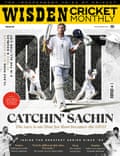
Earlier this year, Ravi’s longtime PSL franchise Karachi Kings made him their head coach. In a swoop, he became one of the most high-profile English coaches in the world. Naturally he wanted to wangle a player-coach role, but the top brass wouldn’t have it. He loves the challenge, he says, and is obsessed with technique. Obsessed with all of it. Graham Gooch, the ultimate technical coach, is for Ravi the best coach in the world. That’ll be his style. “I’ll do it all, throwdowns, technical work, the lot.”
And what of the future? After a few more outings? A few more back-foot punches and wrist-snapping flicks and maybe, just maybe, one last swansong back where it all began? “I want to coach England one day,” he says, beaming. “One day, I want to coach England.”
This is an article from Wisden Cricket Monthly. Click here to get over 50% off an annual digital subscription.


